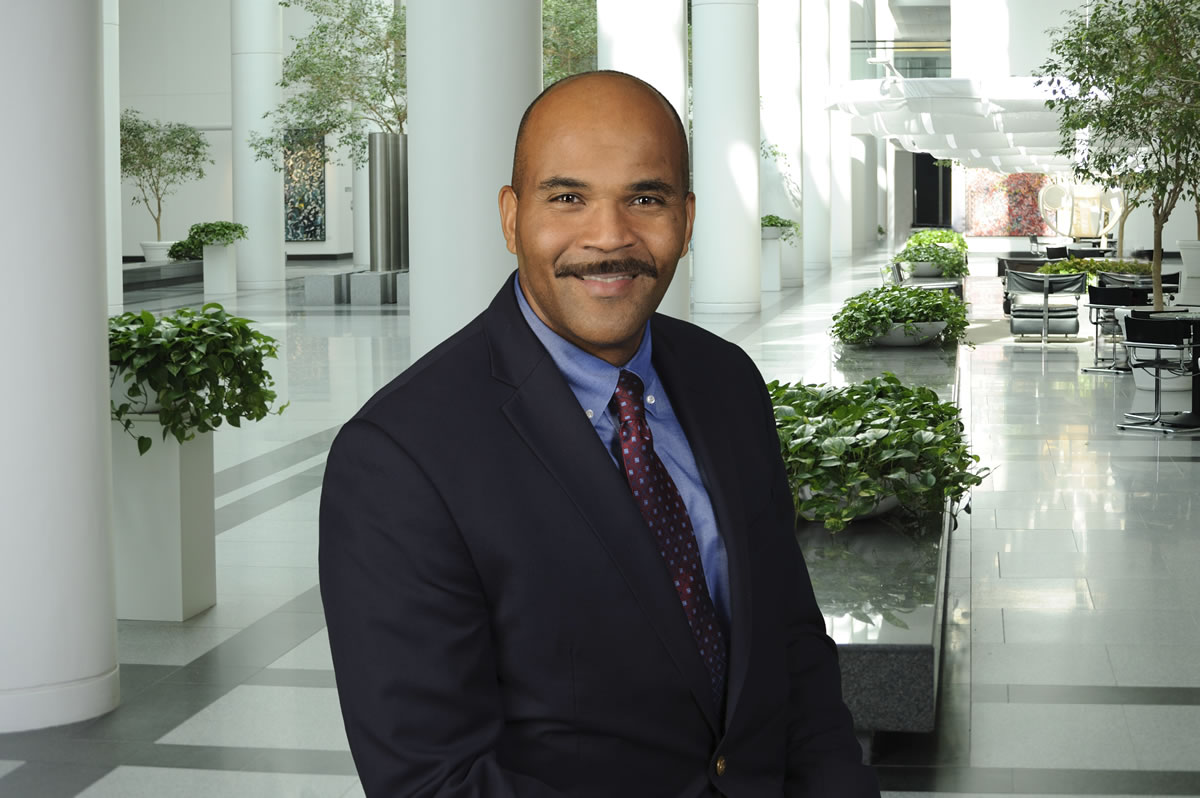
Three Games The Accused Does Not Want To Play With The Prosecutor

About four years ago, I was appointed to represent a fifteen year old juvenile charged as an adult with aggravated child molestation, which in Georgia carried a mandatory minimum sentence of life in prison, which meant that the juvenile defendant, IF he was found guilty, would have to serve thirty (30) years in prison before he was even eligible for parole. The victim was his eight year old cousin. The juvenile defendant had been interviewed by detectives, to whom he had made a full confession. Recognizing the weight of the evidence, I explained to the juvenile’s mother and aunt that the best case scenario, given the confession, was to have the case transferred from the adult court to Juvenile Court, which would probably mean that the juvenile would face a straight five years in a Department of Juvenile Justice (DJJ) facility. When mom burst out in tears after hearing about the five years, I knew we would go down the “games” road. I thought she would breathe a sigh of relief at the five years of incarceration, considering I had just mentioned a mandatory minimum of thirty years in prison, just five minutes earlier. When she was able to collect herself, her questions, reflecting the “games”, began.
(1) THE WHAT HAPPENS IF THE WITNESS DOES NOT SHOW UP GAME
What happens IF the child/victim does not show up in court? Although this question is typically asked in the context of a criminal offense involving a civilian victim (e.g. burglary, child molestation, aggravated assault, domestic violence, aggravated stalking, etc.), I have heard the question when the only witnesses are police officers (e.g. drug offenses, fleeing and attempting to elude, DUI, escape, etc.). The simple answer: IF THE VICTIM OR WITNESS DOES NOT SHOWS UP, ALL OF THE CHARGES WILL BE DISMISSED. The more complete answer: IN THE FOURTEEN YEARS I HAVE BEEN A DEFENSE ATTORNEY, ONLY A HANDFUL OF FELONIES HAVE BEEN DISMISSED BECAUSE THE WITNESS FAILED TO APPEAR IN COURT. How many? Maybe twenty (20) cases out of twenty-five hundred (2500) cases, which is less than one percent, which means you should not rely on the witness to fail to appear in court to make a decision on how you should proceed.
IF subpoenaed, then the victim must come to court, or the prosecutor can request a material witness warrant, and have the victim locked up in jail, until the prosecutor is ready for the victim to testify. While it is typically reserved for more serious offenders, because prosecutors do not like to lock up victims, it is available for misdemeanor family violence battery charges also.
Question: What IF the victim leaves the state, and the prosecutor cannot find the victim/witness at the last known address? Answer: IF there is no speedy trial demand filed, the prosecutor will repeatedly request continuances from the court, in an effort to buy time to locate the victim. In the event of a child victim, it is relatively easy to locate the victim, because the child must be registered in school somewhere. The child victim cannot register for school in California under an assumed name, because the school transcripts from Georgia will contain her correct name. So, the reality is the prosecutor can wait about six months and then request information from the last known school concerning where the transcripts were forwarded. Once the child victim is located, Department of Family and Child Services (DFACS) will get involved, because the parent/guardian that moved the child from Georgia to California is making no effort to protect the child, or at least that is how the argument will go. Once DFACS takes the child from the parent/guardian, and places the child in protective custody, arrangements will be made to bring the child back to Georgia for the jury trial.
Similarly, IF the parent/guardian of the child has some type of immigration or legal problem, the prosecutor may make arrangements to assist the parent/guardian in procuring a green card, which will be very attractive to the parent/guardian. Question: What happens IF the parent/guardian takes the child out of the country? Answer: The case will probably end up getting dismissed. However, if the defense has not filed a speedy trial demand, the prosecutor may string out the case for two to three years looking for the child/victim, or trying to get the child/victim to return to the United States. Does the parent/guardian intend to remain in Guatemala or Nigeria for the next two years? If so, then the accused may have very little to worry about.
The most important thing that every accused needs to recognize: The prosecutor’s office has dealt with witness problems in the past, and are trained to use every resource available to procure the attendance of the victim and/or witness. In fact, the victim-witness personnel that guide civilians through the maze of the criminal justice system are trained to assist victim/witness with a myriad of life issues, and trained to coax people to testify.
An interesting derivation of the failure to appear question is: WHAT IF THE VICTIM SHOWS UP AND CHANGES HER STORY, OR INDICATES THAT NOTHING HAPPENED? Easy answer: As long as he/she appears, the case goes to the jury. As long as the victim appears, the prosecutor could care less what he/she says from the witness stand. In reality, there are only three things that a victim can say from the witness stand: (1) what I told the police was the truth; (2) what I told the police was not the truth; (3) I don’t know what I told the police, or I don’t remember anything.
In the first instance, where the in-court testimony matches what the victim/witness told the police at the time of the incident, the victim/witness is offering consistent statement, which prosecutor love. In the second instance, where the in-court testimony is diametrically opposed to what the police were told, the prosecutor will offer the initial statement made to the police as a prior inconsistent statement. The judge will give an instruction to the jury that they are entitled to use the prior statement to the police as both a statement that impeaches the in-court testimony and as substantive evidence, which means the jury is entitled to believe what the police were initially told, and disregard the in-court testimony. In the third instance, the statement the victim made to the police can be introduced in an attempt to refresh the witness’s recollection. Whether used to reflect recollection or impeach the victim’s/witness’s story that she does not remember, the prior statement to the police is coming before the jury.
(2) THE I NEED TO RETAIN THAT WILL GIVE ME HOPE GAME
What happens IF I retain a new attorney? My question: Does he know how to change facts in a criminal case, because you told me the child was examined by medical personnel, who observed injuries on the child, and your son made a full confession? However, this is where most young and inexperienced criminal defense attorneys make most of their money, promising results that they cannot deliver. The guarantees are not very troublesome, because the reality is the client or client’s family needs to hear some form of hope. Whoever provides that hope gets paid.
(3) THE I NEED TO SEE GAME aka THE MY FAITH IS IN GOD NOT IN MAN GAME
We/I cannot plead to that much time in jail. So, I think I will need to see the evidence at trial, and leave it in God’s hands. The alternative version: My faith is in God not in man. My response: That is no problem, but since we are leaving it to God, I assume you will not appeal the verdict, IF God decides that he should spend the next thirty (30) years in prison. This position in effect makes the attorney a moot point. The attorney has evaluated the evidence, and apprised you of what he/she thinks, especially given the confession. You have dismissed the advice, buried your head in the sand, and instead directed all of your energy to praying/hoping that the accused will not have to pay for what he has already confessed to. Rarely, does that game go well.
LET THE GAMES BEGIN.

Request a Confidential Case Review 678-407-9300
Lawrence Lewis, P.C. is a criminal defense law firm focused on educating clients and their families on the criminal justice process, as well as working towards favorable resolution of criminal charges.


The information on this website is for general information purposes only. Nothing on this site should be taken as legal advice for any individual case or situation. This information is not intended to create, and receipt or viewing does not constitute, an attorney-client relationship. The verdicts and settlements listed on this site are intended to be representative of cases handled by Lawrence Lewis, P.C. These listings are not a guarantee or prediction of the outcome of any other claims.